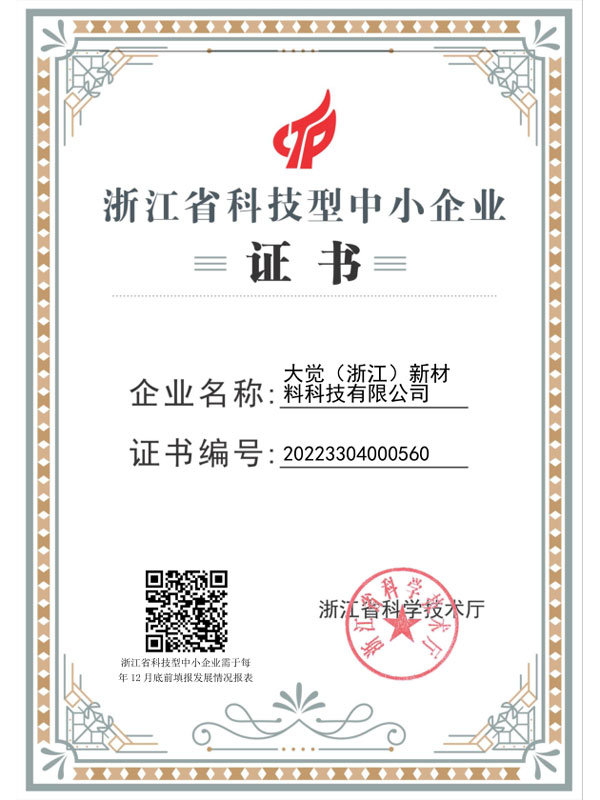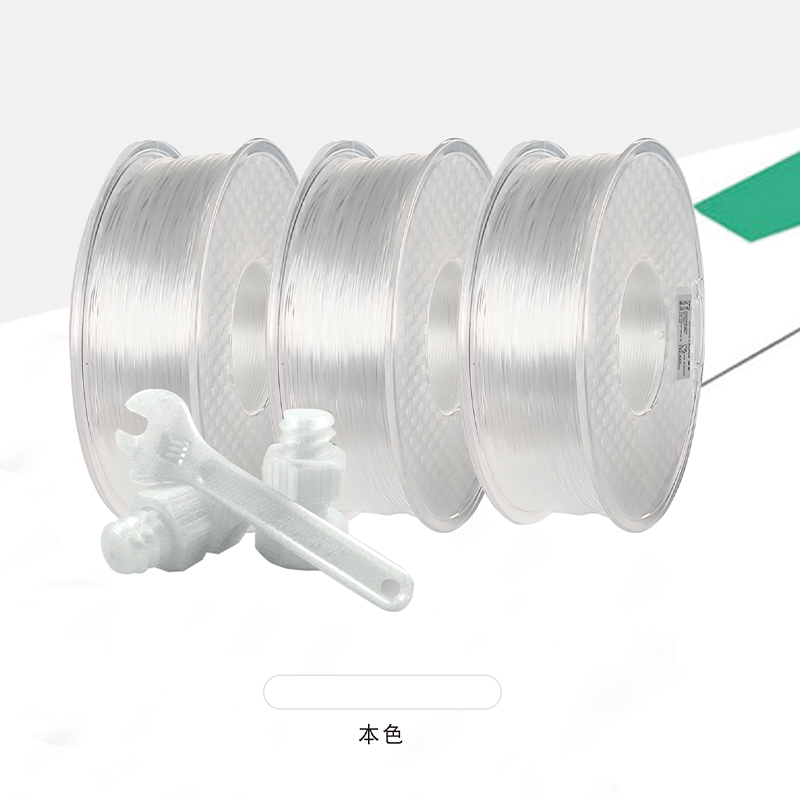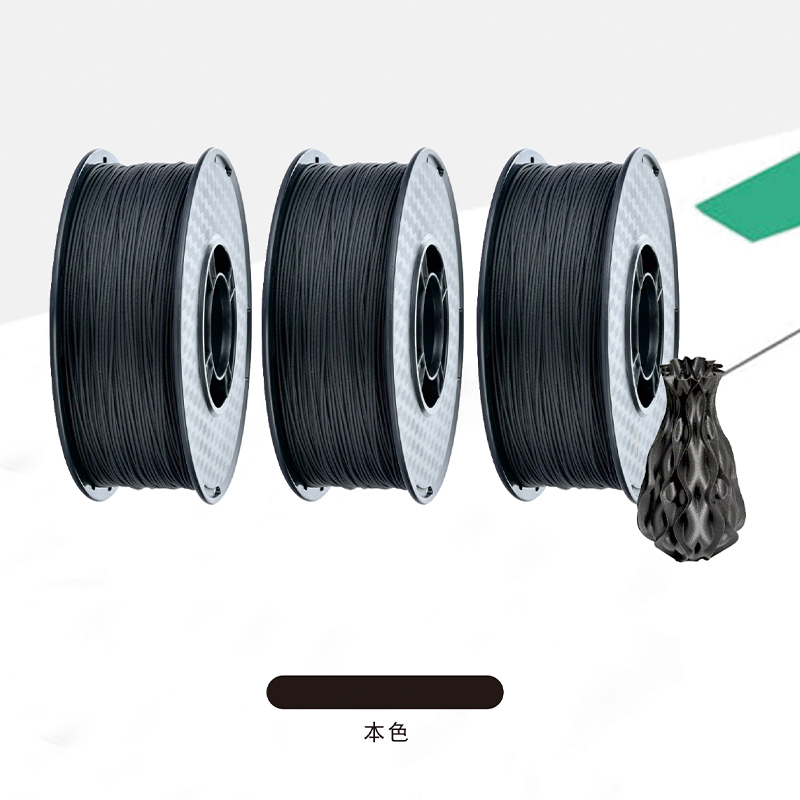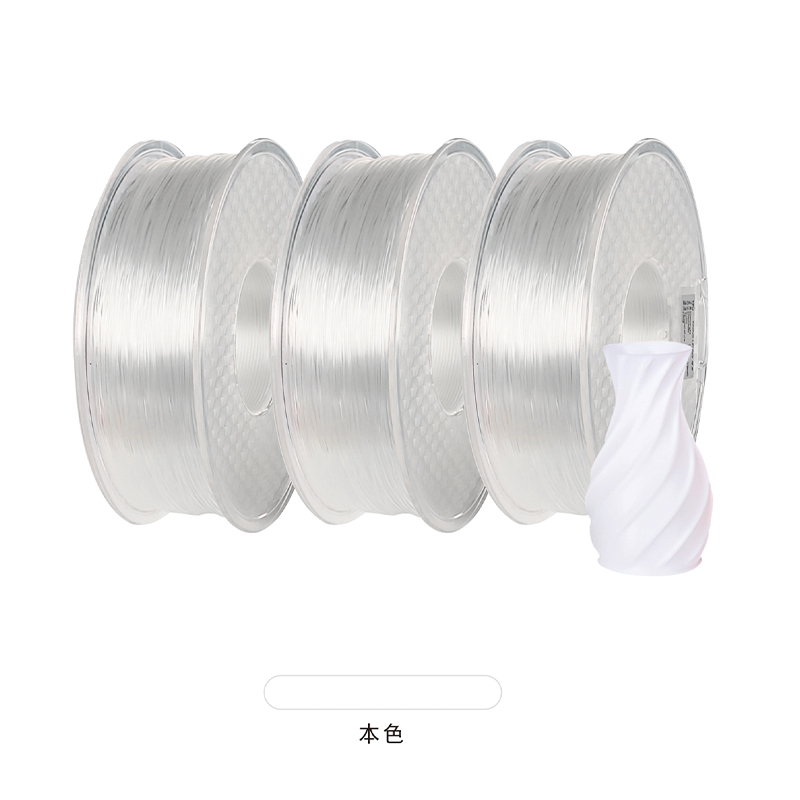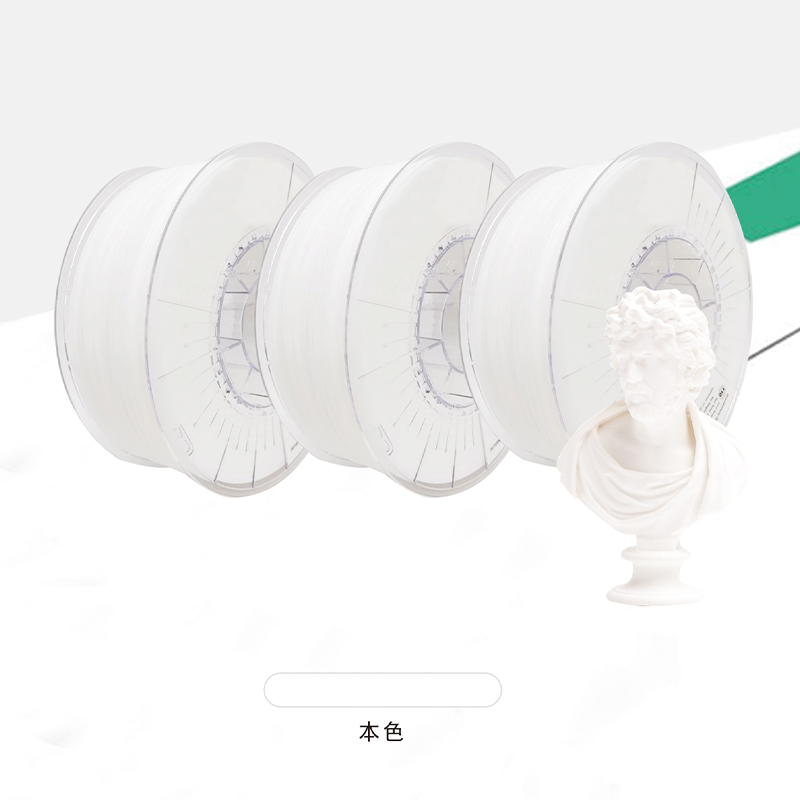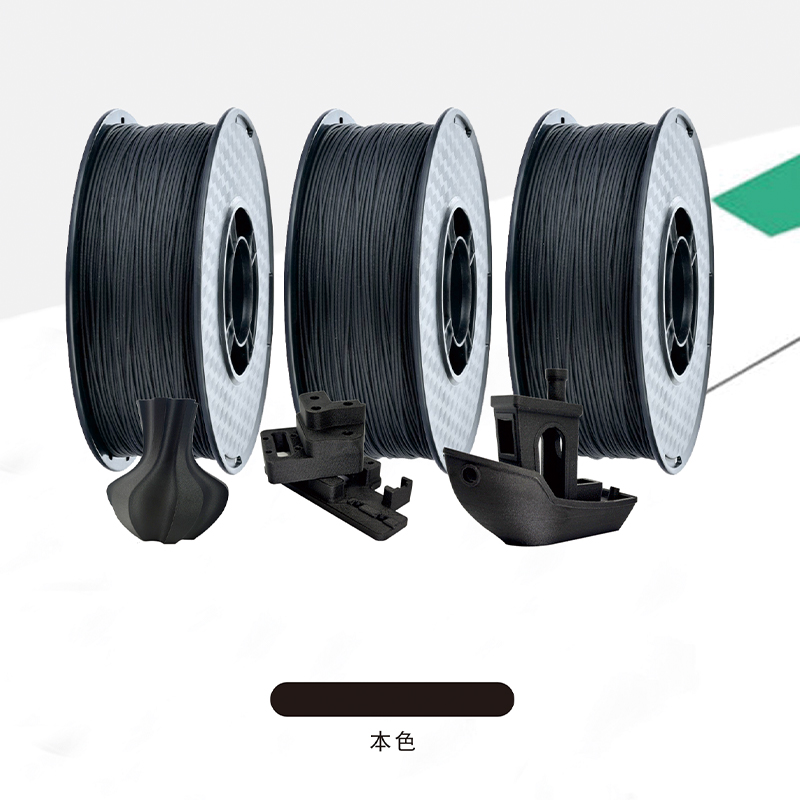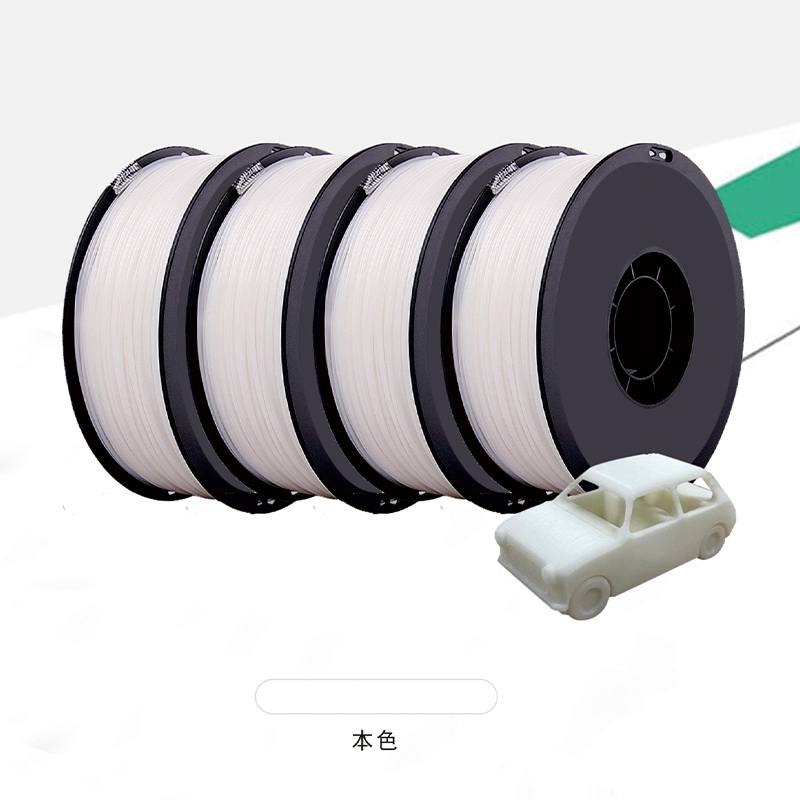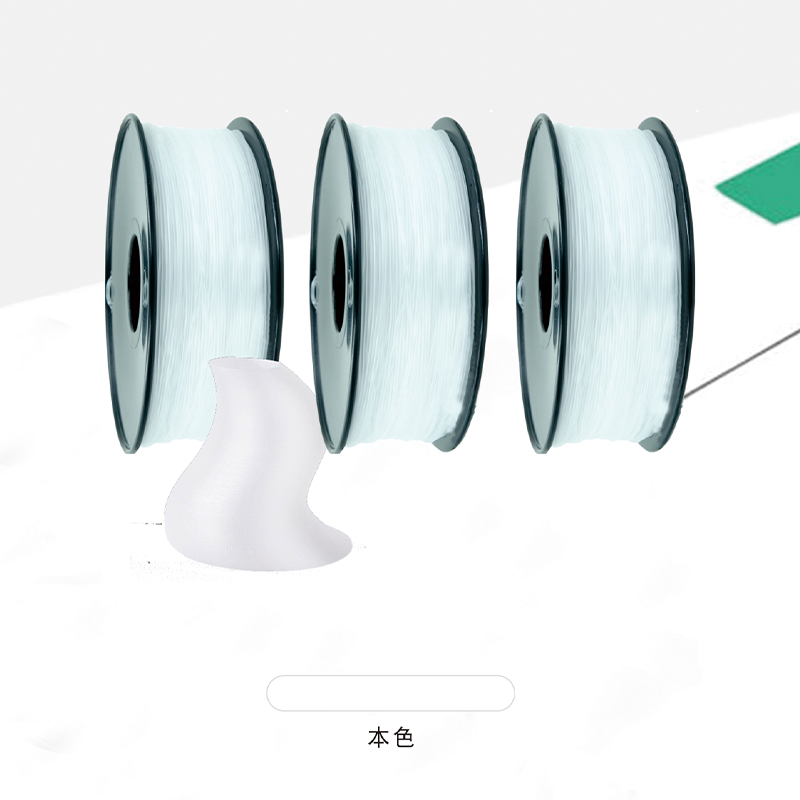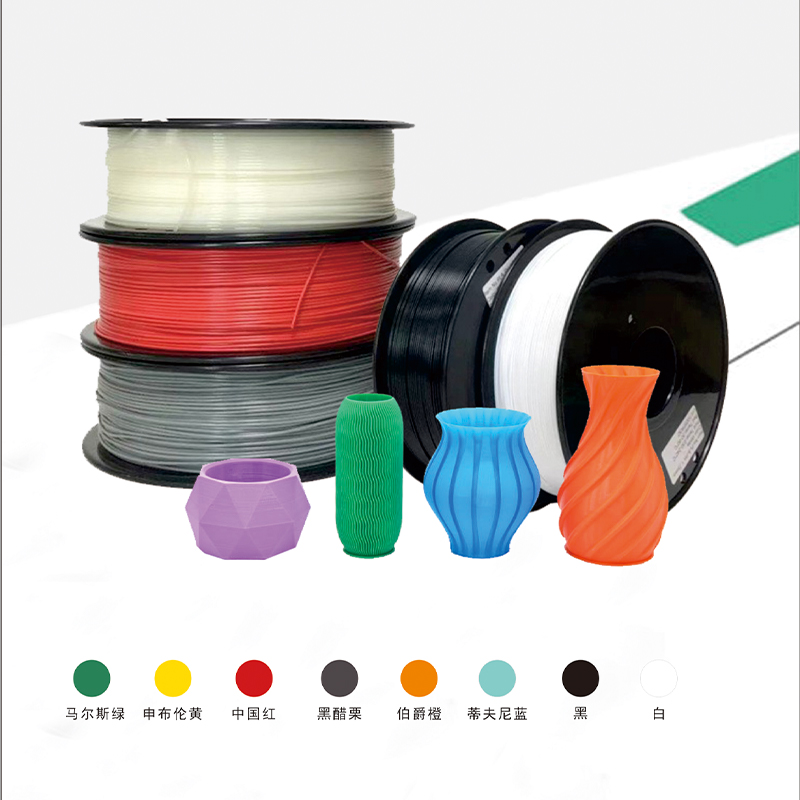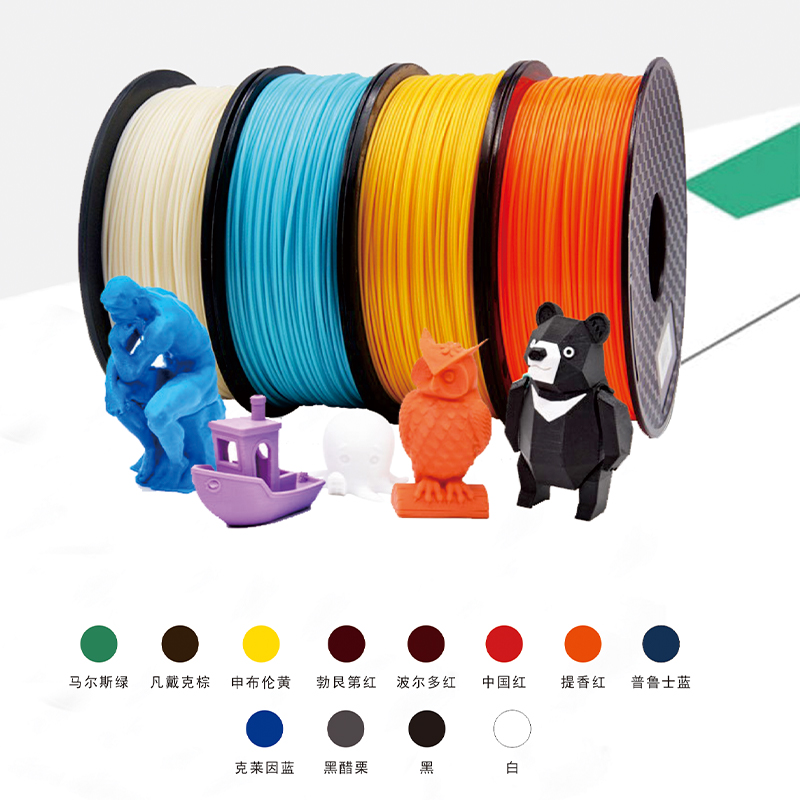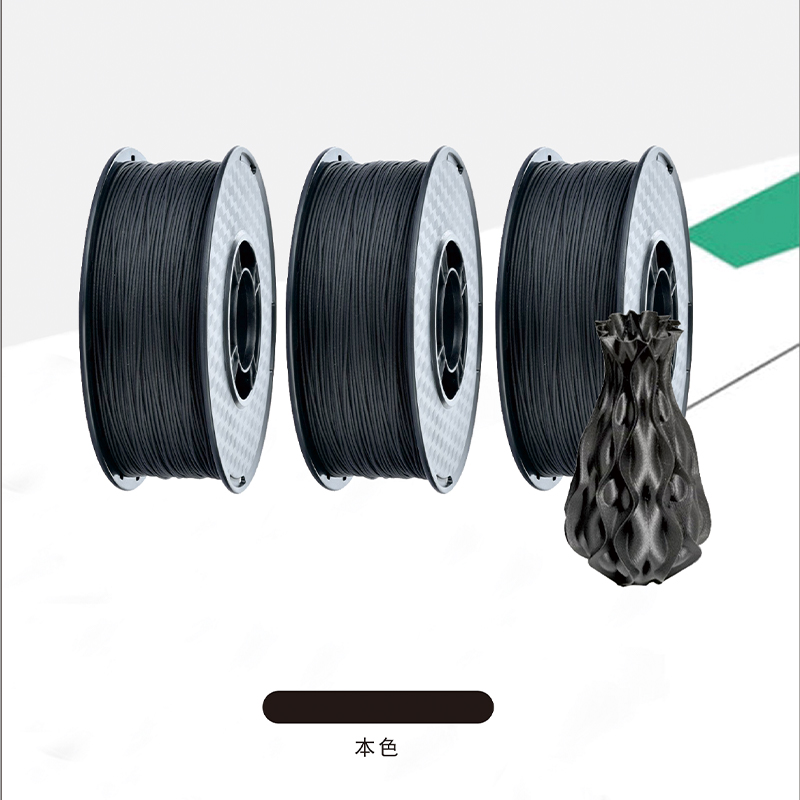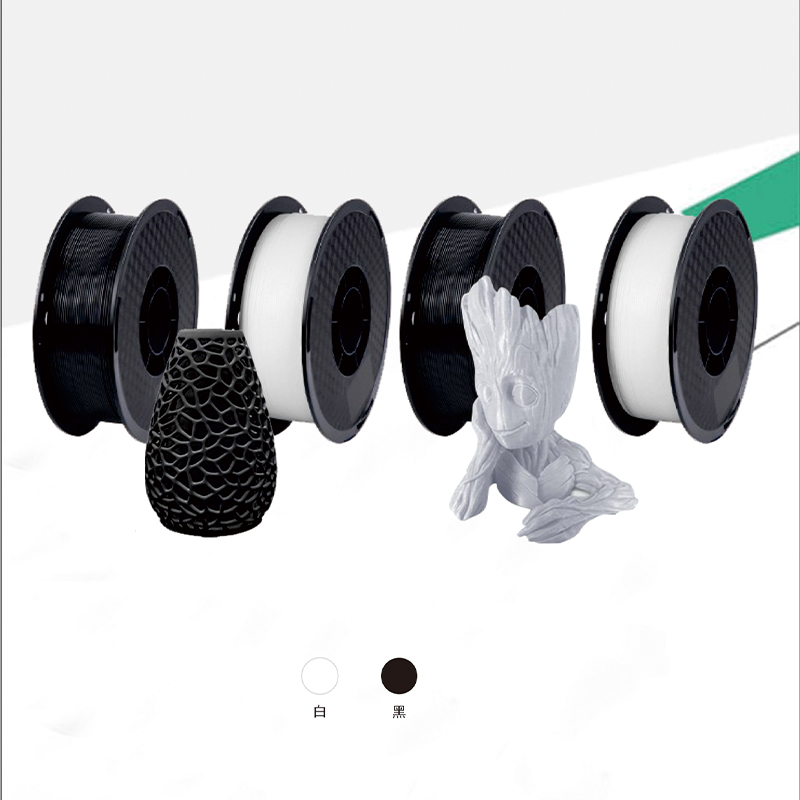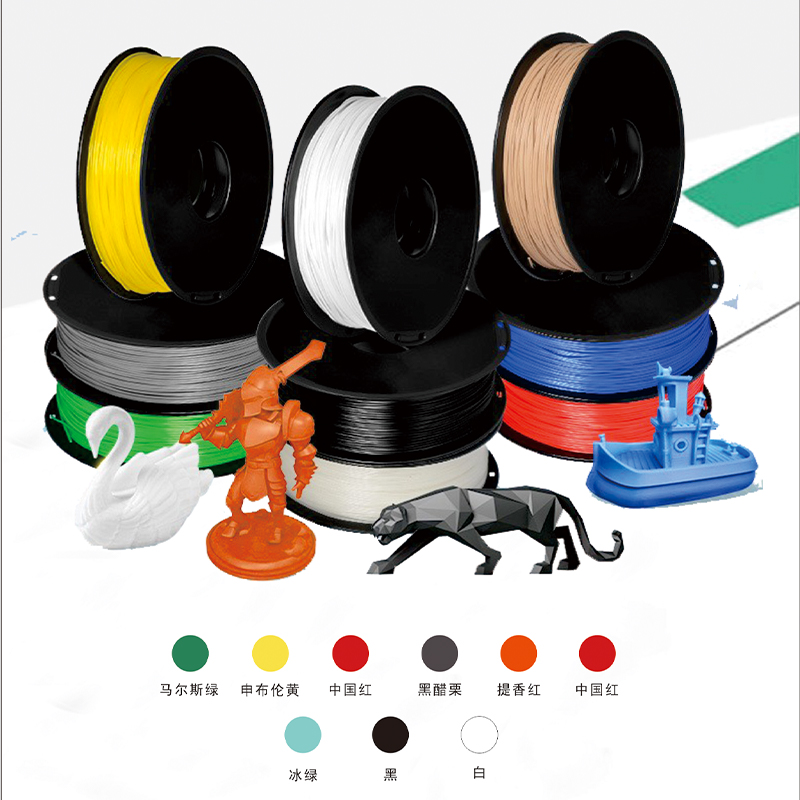|
SIZE |
425*(210+80*2)mm (M) |
|
THICKNESS |
2S-5S |
|
MODEL |
VEST BAG FOR S, M, L |
|
|
4 COLORS PRINT |
|
MATERIAL |
PLA, PBAT, PE |
|
APPLICATION |
SUPERMARKET, TAKEAWAY |
Get in Touch With Us
Who Are We?
Dajue (Zhejiang) New Material Technology Co., Ltd.
Honors and Qualifications
More You Should Know
What are the advantages of using PLA, PBAT, and PE materials over other options?
Using PLA (polylactic acid), PBAT (polybutylene adipate terephthalate), and PE (polyethylene) materials in packaging such as 4 Colors Print Vest Doggy Bag offers several advantages over traditional plastic options or other materials:
Biodegradability and Compostability:PLA and PBAT are biodegradable and compostable under certain conditions, making them environmentally friendly choices. They break down into non-toxic components when exposed to specific composting environments, reducing long-term environmental impact compared to traditional plastics.
Renewable Sourcing:PLA can be derived from renewable resources such as corn starch or sugarcane, reducing reliance on finite fossil fuel resources used to produce conventional plastics. This contributes to a more sustainable supply chain.
Reduced Carbon Footprint:PLA, PBAT, and PE materials generally have a lower carbon footprint compared to traditional plastics like polypropylene (PP) or polyethylene terephthalate (PET). This is due to their sourcing from renewable materials and more energy-efficient production processes.
Acceptance in Waste Management Systems:PLA and PBAT materials are compatible with industrial composting facilities when properly disposed of, facilitating their integration into existing waste management systems. This can help reduce landfill waste and support circular economy principles.
Consumer Preference and Brand Image:Businesses using environmentally friendly materials like PLA and PBAT may appeal to environmentally conscious consumers, enhancing brand reputation and customer loyalty. This can be particularly advantageous in industries where sustainability and corporate responsibility are valued.
Regulatory Compliance and Safety:PLA, PBAT, and PE materials are generally recognized as safe for food contact, meeting regulatory requirements in many regions. This makes them suitable for packaging food items, including takeaway applications where safety and hygiene are critical.


 English
English 中文简体
中文简体 Español
Español





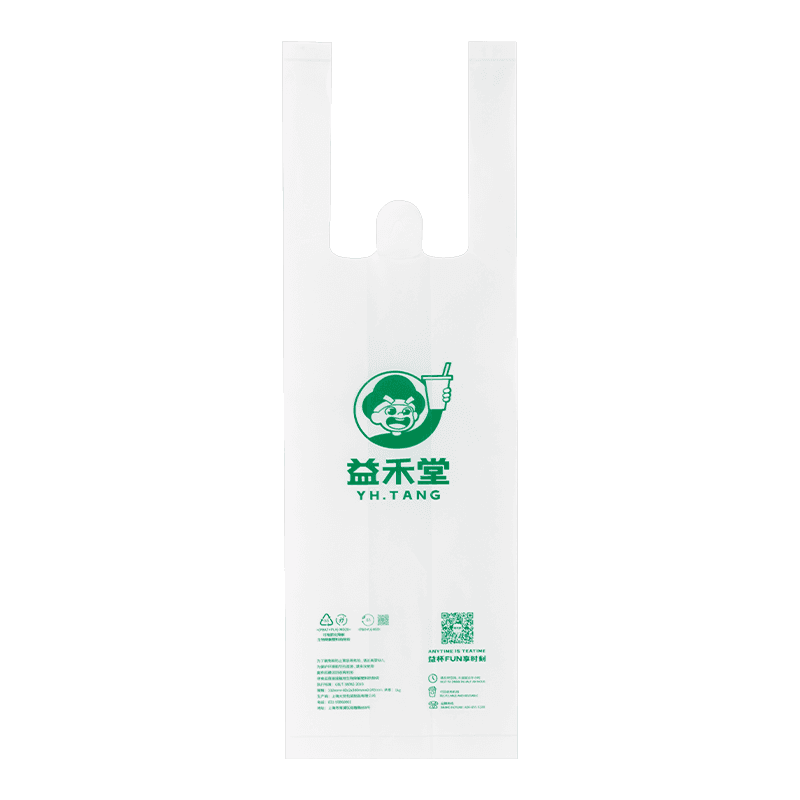
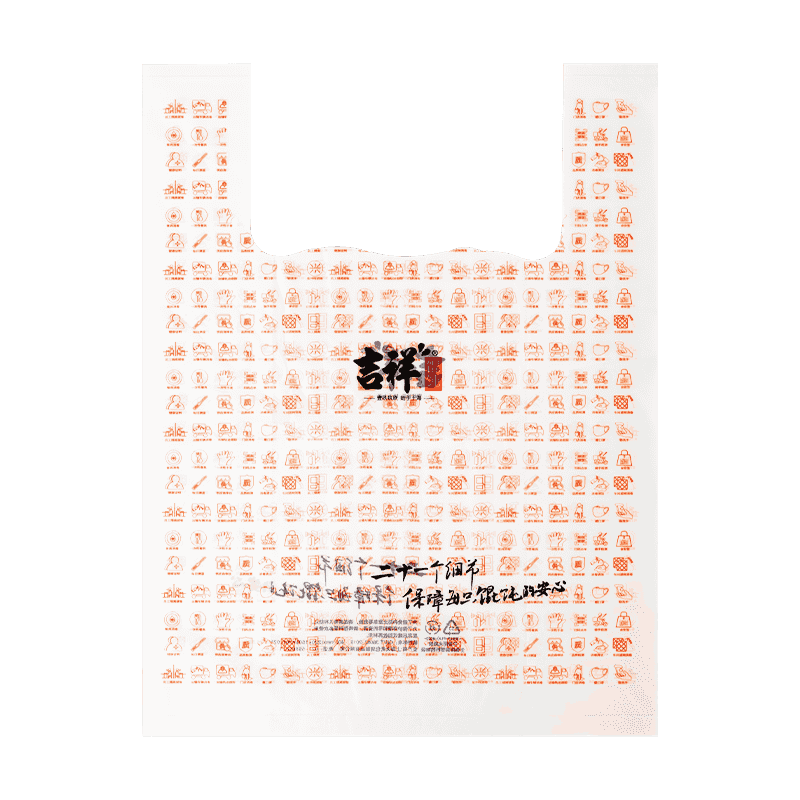
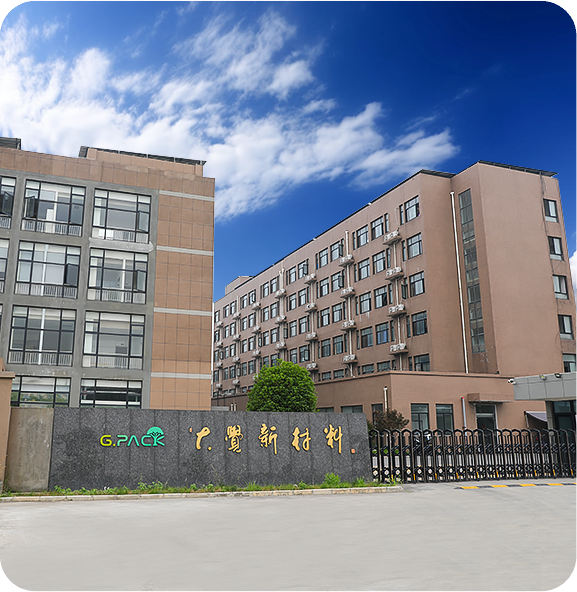

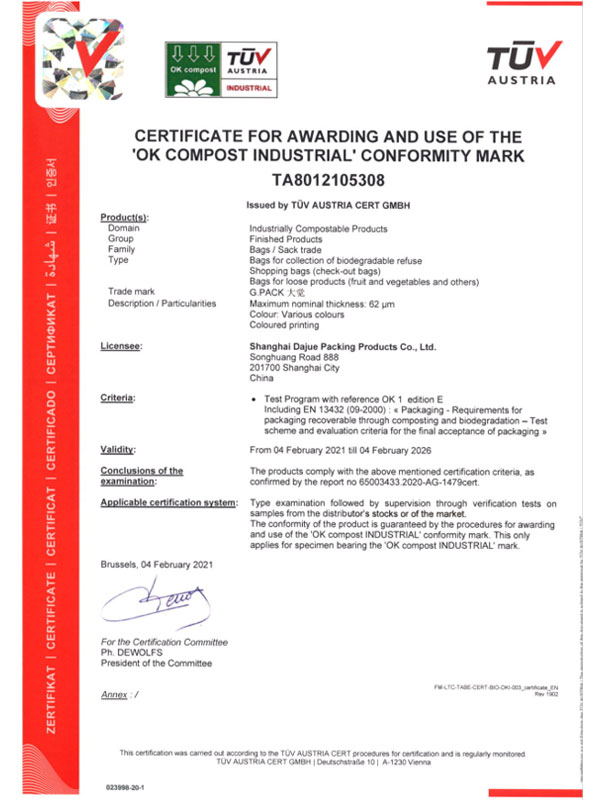
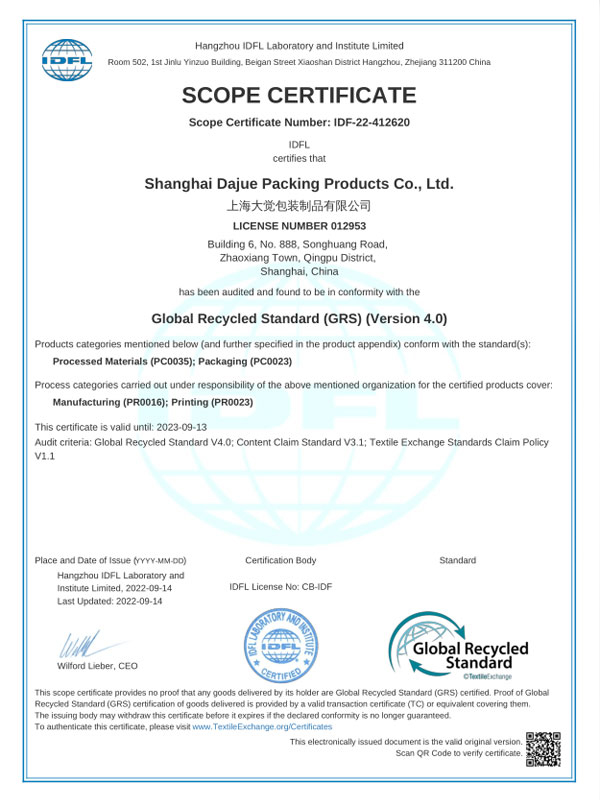
.jpg)
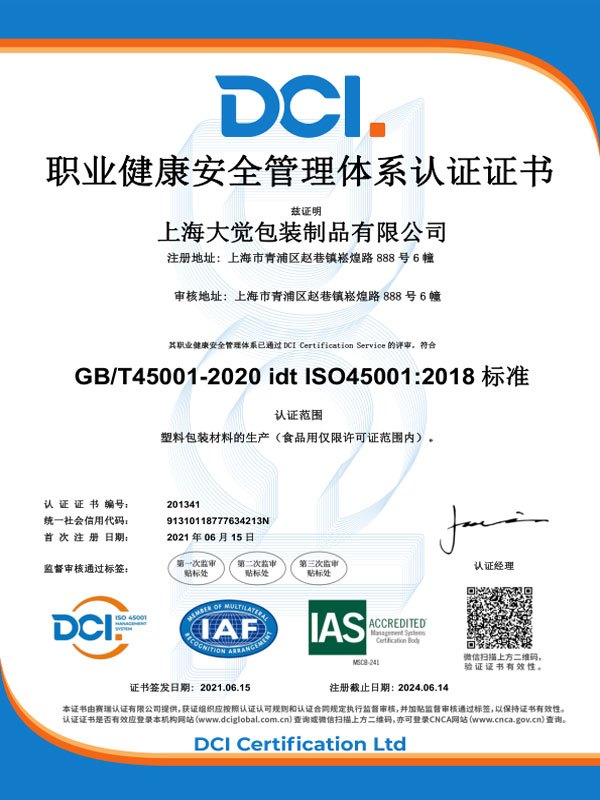
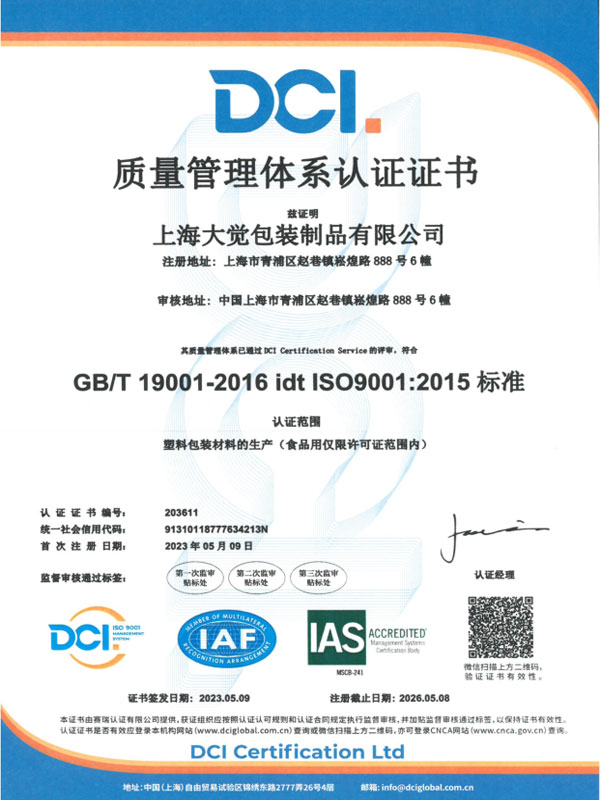
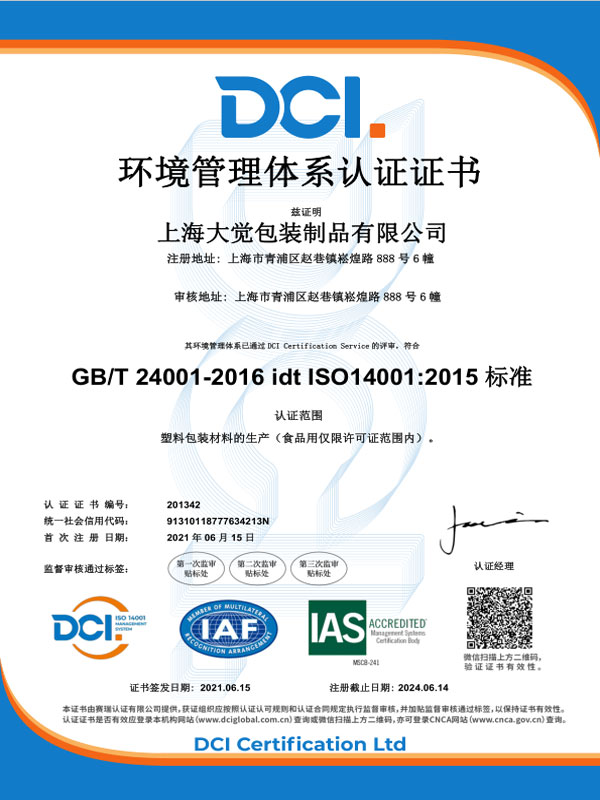
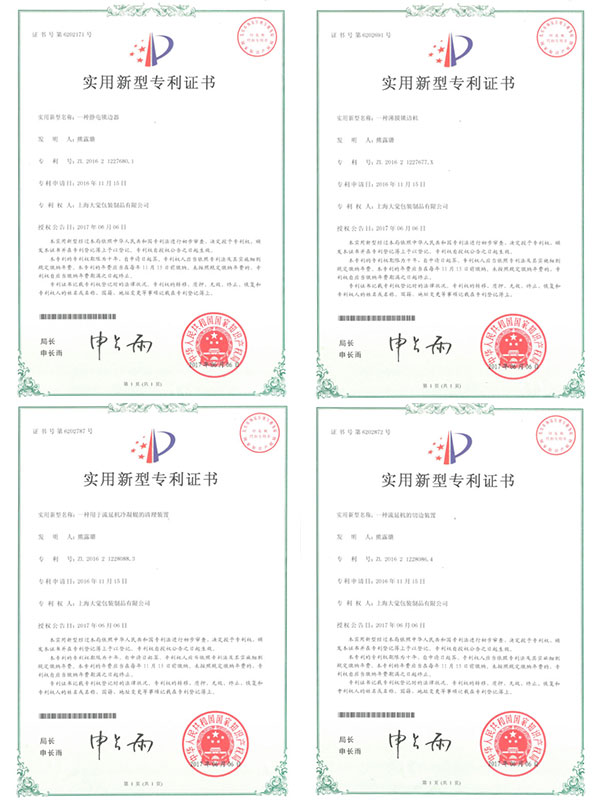

.jpg)


